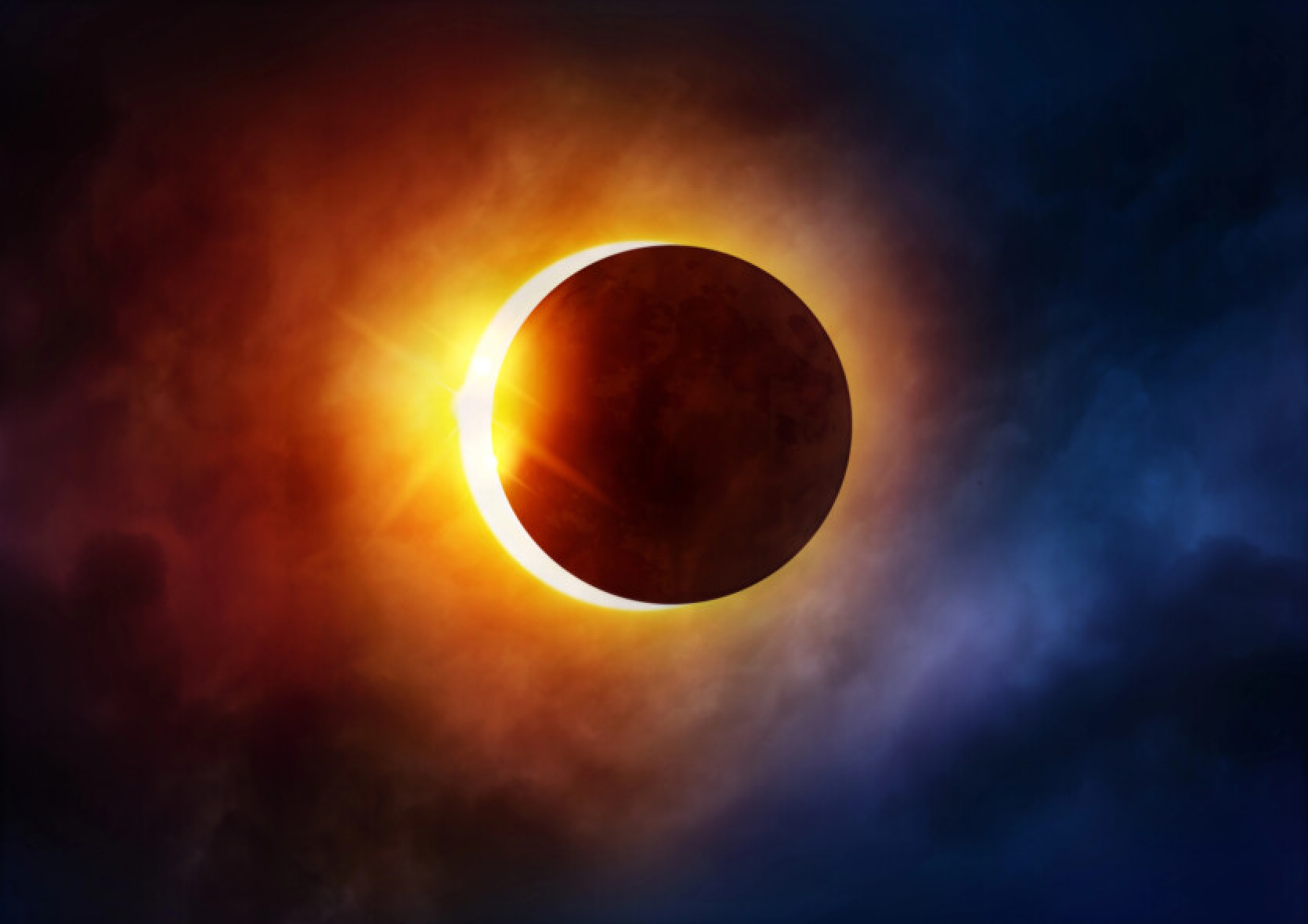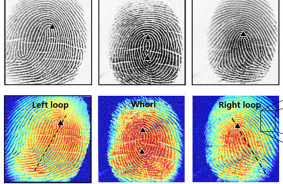The excerpts mention a "sun pierced by darkness," whose magic is disrupted by unknown "dark beings."
The texts refer to those found in the "Rigveda" — an ancient collection of religious hymns written in Sanskrit and composed around 1500 BC. Like most religious texts, it mentions historical events: most align with the time of writing, although some reach back even further.
In the excerpts from the "Rigveda," there are references to the unusual position of the sun that corresponds with the spring equinox—one text states it takes place in Orion, while others refer to the Pleiades. Some descriptions are quite detailed and allow astronomers to date certain references.
The language of the "Rigveda" is highly symbolic and allegorical, making it occasionally challenging to distinguish between myth and history. However, two astronomers, Mayank Vahia from the Tata Institute of Fundamental Research in Mumbai and Mitsuru Soma from the National Astronomical Observatory of Japan, believe they have come across a mention of a real total solar eclipse that occurred 6,000 years ago (in fact, the oldest known solar eclipse).
The text is available in fragments but refers to the sun as "pierced by darkness" and suggests that its magic was disrupted by unknown "dark and evil beings." Researchers state that the mention does not relate to the stories of Rahu and Ketu (part of later Hindu mythology), indicating that the text was likely composed before this myth emerged.
Further analysis has helped astronomers narrow down the timeline of solar eclipses that took place in ancient times. The event occurred during the spring equinox in Orion and was likely visible over the region inhabited by the future authors of the "Rigveda."
The study was published in the Journal of Astronomical History and Heritage (via Space.com).














Comments (0)
There are no comments for now